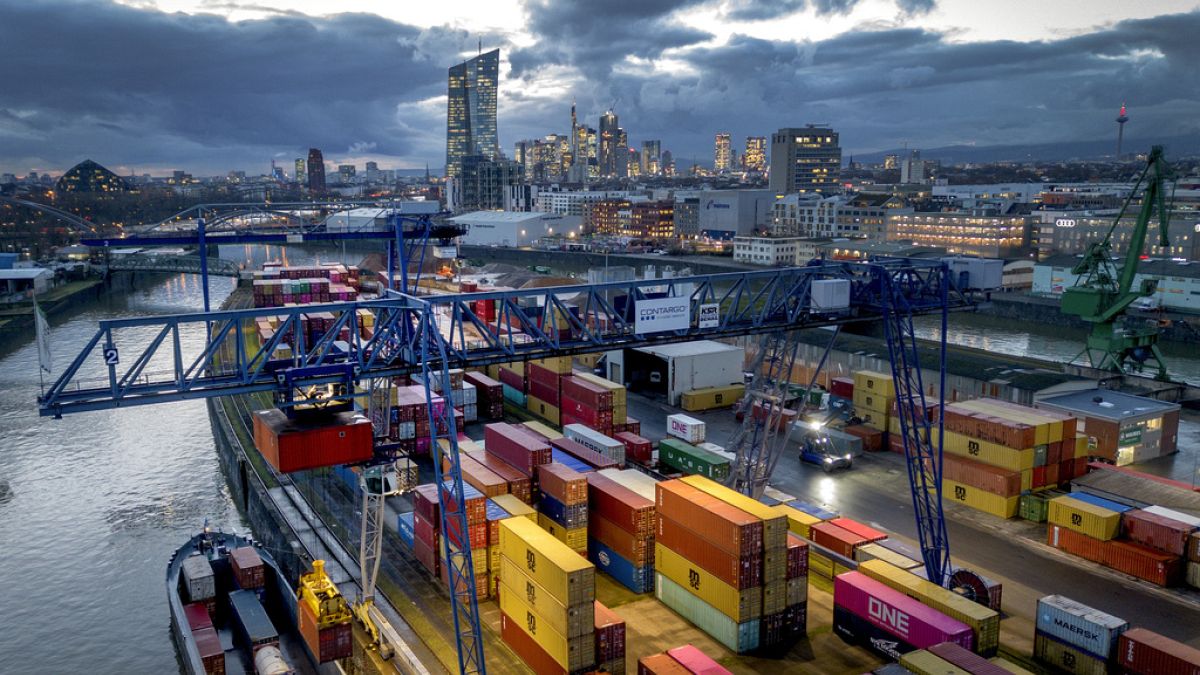Historic loss and damage fund could finally pay out in 2025

Dubbed the ‘finance COP’, countries are set to work out the finer details of the loss and damage fund at COP29 in Baku next month.
Climate-vulnerable countries could start receiving money from the long-awaited loss and damage fund as early as 2025.
This pot of money is intended to help compensate low-income countries for the damage caused by climate-related natural disasters. It has faced a number of hurdles throughout its development but finally, the funds could start being disbursed to those who need them most as soon as next year.
Finance is one of the key focuses for COP29 in Baku this November and the future of this vital climate justice tool could hang on these negotiations.
How to deliver the money to climate-vulnerable nations
Dubbed the ‘finance COP’, countries are set to work out the finer details of the loss and damage fund in Baku next month.
But, in the interim between the two climate COPs, lots of procedural points have been ironed out and progress has finally been made toward getting this money to countries in need.
A board has been nominated to oversee the fund, the World Bank was (controversially) chosen as its institutional home and the Philippines was selected as its host country.
The board officially hired Ibrahima Cheikh Diong, a Senegalese and American national who has worked at public and private banks, as the fund’s executive director at a pre-COP meeting in late September.
At this meeting in Azerbaijan, the fund’s board also completed crucial groundwork that will hopefully see funding disbursed for the first time in 2025.
“This breakthrough in Baku marks a crucial step in enabling action on climate change,” COP29 president-designate Mukhtar Babayev said in a statement.
“This is a truly historic day, years in the making, that has required determination from so many and an unwavering focus on the needs of those on the frontlines of the climate crisis.”
The COP29 presidency added that it hopes to use this year’s climate conference to work with the countries which have already pledged money to convert those pledges into tangible funding for communities that urgently need it.
A 30-year fight for loss and damage funds
The fight for an operational loss and damage fund has been a long one. Small island nations, African countries and climate justice activists have been among its strongest advocates over the last three decades.
Less-developed nations have led the call for assistance for countries that have experienced catastrophic losses due to climate change. Wealthier nations have long been concerned that this constitutes a kind of ‘compensation’ or ‘reparations’ for the impact of their historic greenhouse gas emissions.
Groundwork was laid during COP27 in Egypt in 2022 where an agreement was made to create a fund to help low-income developing countries offset the damage from natural disasters caused by climate change.
Climate-vulnerable countries then celebrated a win as COP28 in Dubai last year began with a historic decision on actually establishing said fund.
In total, it received more than $700 million (€634 million) in pledges for contributions by the end of the climate conference and was hailed as a significant commitment to climate justice.
Loss and damage funds fall far short of what is needed
Advocates for the fund had hoped that more commitments from wealthy nations would come in 12 months before the next climate COP.
But since then, the pot of money has only risen to around $800 million (€720 million). Momentum seems to have stalled with wealthy nations staying silent about further contributions to the fund which fall far short of what experts say is needed.
The 14 developing countries on the fund’s board have argued that it needs $100 billion (€91 billion) more each year by 2030 but even that could be lower than the required amount. Some estimates put the annual loss and damage from climate change in developing countries at around $400 billion (€362 billion) a year by 2030 with expectations that this number could grow.
“This is a drop in the ocean, compared to the trillions needed to address the escalating costs of the negative impacts of climate change,” Bahamas Prime Minister Phillip Davis told the UN General Assembly in September.
“This is not just an issue of funding. It is fundamentally an issue of sustainability and survival. Without it, peace and security mean nothing.”
Davis called for the loss and damage fund to be fully operationalised, adding that it was “about responsibility, accountability, and building a future where those who have polluted the most, contribute the most to cleaning up the mess.”
He said that developed nations must “step up” with concrete commitments that reflect the scale of the crisis.
The COP29 Presidency has said one of its goals for this year’s gathering in Baku to call for further contributions.
World News || Latest News || U.S. News
Source link



